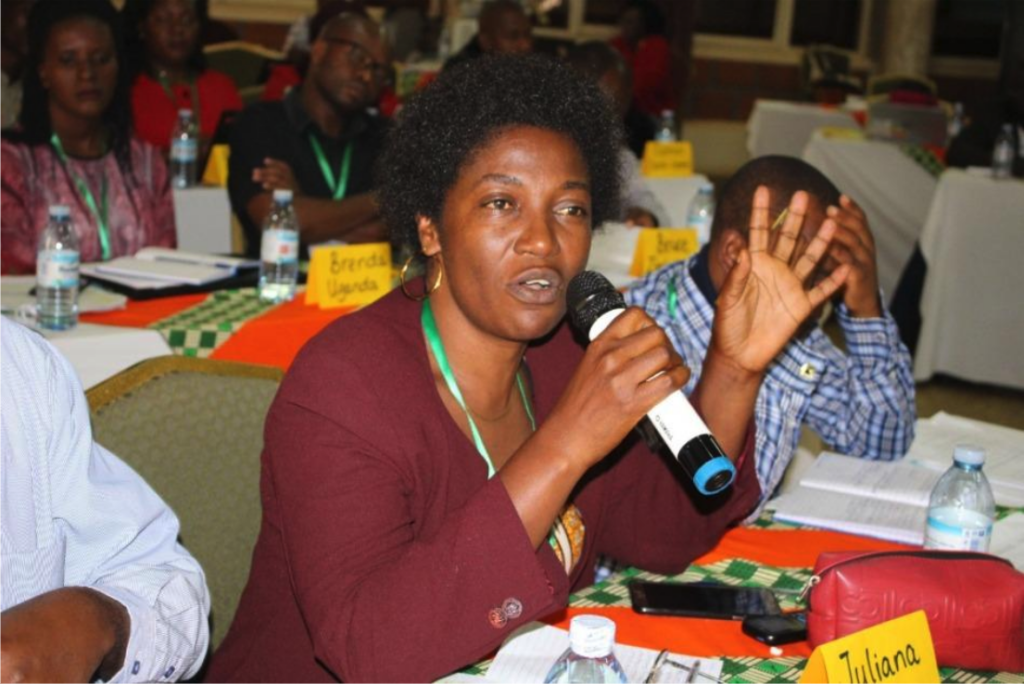Despite 14 years of experience as a socio-economist, currently at the Tanzania Agricultural Research Institute’s (TARI) Kifyulilo Station, I was not sure if attending the GREAT Gender–Responsive Plant Breeding Course would be easy for me. I knew very little about plant breeding, and when filling out the pre-course assessment, I encountered many questions on gender, which I was not familiar with.
And there may be many more in my shoes.
In the national agricultural institutes in Tanzania, many researchers referred to as gender specialists have not actually attended any gender training, which is largely a result of socio-economist, statisticians and laboratory technicians being reassigned as gender specialists. Still, when writing proposals we are expected to integrate gender when we might not have a competent hand. Given this lack of expertise, can we really be surprised when breeders do not integrate gender?
So, in light of my concerns, thank God my team, especially Dr. Mongi, encouraged me not to step down. Thanks to their encouragement, one week ago I found myself joining other researchers from countries across Africa and beyond for the start of the GREAT course.

Juliana Mwakasendo, at Week 1 of the GREAT Gender-Responsive Plant Breeding Course in July 2019.
After six days of GREAT training, I have been able to sharpen my understanding of the science of gender and breeding. I now understand that gender is different from sex, and that men and women are not homogeneous groups, but are defined by different social categories like sex, age, wealth status, ethnicity, class, education etc. I learnt that it was important to carry out gender analysis before any intervention to understand the roles, participation (differences and similarities) between and amongst men and women, so that interventions do no harm, and can instead contribute to closing gender gaps.
Having interacted with colleagues here at GREAT who are breeders, and shared my experiences with them, I now appreciate their science, but most importantly, understand how to integrate gender into breeding activities. This knowledge comes in handy as we move into product profiling. I am looking forward to collaborating with Eileen from the International Center for Tropical Agriculture (CIAT), and becoming a GREAT facilitator in the future.
Going back home, I intend to train other colleagues at TARI on gender-responsive research, and to continually champion this course. For the many socio-economists, statisticians and other social scientists working as gender specialists in our national institutions, this is the kind of training that we need.
About the author
Juliana Andagile Mwakasendo is a socio-economist at the Tanzania Agricultural Research Institute and a GREAT Theme 4 Participant.
For press inquiries or for more information, email us at great@cornell.edu.





